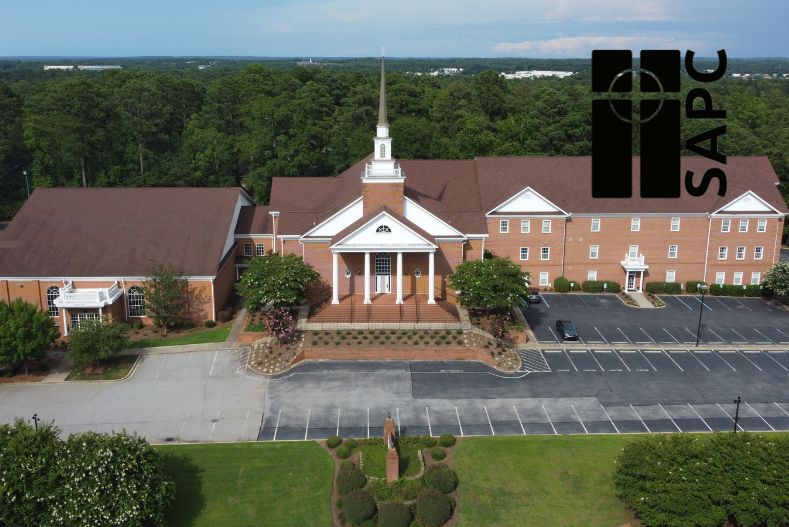Using data removes God from the equation
“There are three kinds of lies: lies, da[r]ned lies, and statistics.”
- Quote made popular by Mark Twain
As we continue in our series on overcoming common objections to the use of data in church, there seems to be an unspoken, even if prevalent, underlying belief that using data or analytics within the church somehow removes God from the equation. I would even suggest that it often goes one step further – with an uneasy feeling that using data might somehow even be unbiblical or ungodly. This assumption or suspicion can have drastic effects on how we operate and, obviously, on if and/or how well we utilize data.
The best way I’ve found to address this – which coincides with the best way to address many questions within the church – is to look at what the Bible says about it. You may be asking – “Wait, the Bible addresses using data analysis…?” Yes, it does. Let’s walk through a few.
One of the most used examples is found at the start of the book of Nehemiah. Nehemiah, a Jew who served before King Artaxerxes, was very concerned about the Jewish people and Jerusalem. When his brother returned from the area, he asked him two very important questions. In Nehemiah 1:2, it says he “questioned them about the Jewish remnant that survived the exile, and also about Jerusalem.” He wanted to know how the people were doing and what shape the city was in. He used this information to formulate how he approached the King (to get permission to rebuild the walls of the city), as well as how to rally and motivate the Jews (to accomplish the task).
Another Old Testament example is when Moses sent the twelve spies to explore Canaan. Beginning in Numbers 13:17, we see Moses give them specific instructions on what type of information (data) to collect. Among those were things like…” What kind of land do they live in? Is it good or bad? …What kind of towns do they live in? …How is the soil? …Are the people strong or weak?” Again, we see the collection of data used to help inform next steps and decision making. However, as we see later in this example, collecting data doesn’t always guarantee the right decision is made.
Even Jesus referenced the role that collecting and understanding data can play. In Luke 14:25-35, Jesus emphasizes the importance of “counting the cost” before making a decision. He uses the practical examples of a builder and king and how both must analyze data to understand their situation fully and then take appropriate action – to make the same point that we must count the cost before committing to the life of a disciple.
However, there is a key balancing argument that has to be made as well. We see numerous examples in scripture where God’s will would not have been supported by the data. The reduction in the size of Gideon’s army to battle the Midianites (Judges 7); the feeding of the 5,000 with only a few loaves and fish (Matthew 14); and even God’s direction to Paul to return to Jerusalem when arrest and imprisonment awaited him (Acts 21).
Returning to the discussion at hand, there are a few key takeaways. Scripture certainly seems to acknowledge, and even recommend, the wise use of data in the decision-making process. If we know more about our congregation’s and community’s attitudes and needs, this can only help us minister more effectively. However, it is also clear that using this information or knowledge, like many other tools God gives us, must be subject to His sovereign authority. So while we can utilize and consider data – and God may choose to speak through it, we still must allow God room to operate and direct us as He chooses.
————–
For more resources on Data Analytics, please visit Church Growth.
Bio:
Brett Herzog is a husband, father, pastor, and tech nerd. He has served in new product development since 2003 for industry-leading companies such as Thomson Reuters, Merrill Corporation, and Follett Corporation. He’s also co-vocational – pastoring a group of home churches in the Greenville, South Carolina area. As the Director of Ministry Intelligence at ACS Technologies, Brett is responsible for leveraging ACST’s research, data, and analytical IP to deliver true “Ministry Intelligence” to its ministry partners and the Church.




